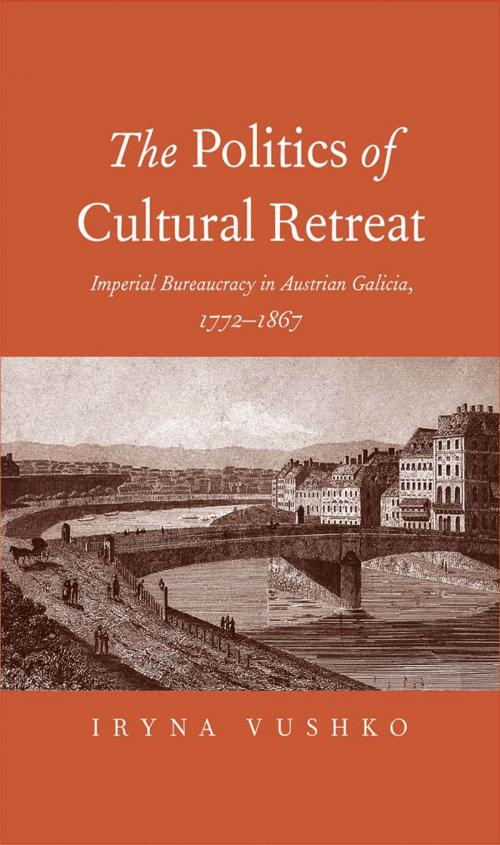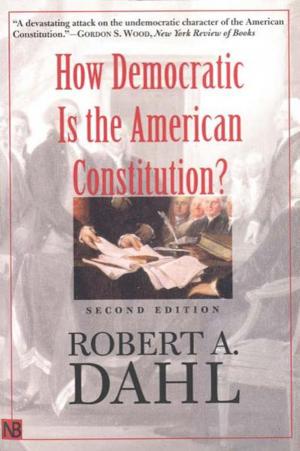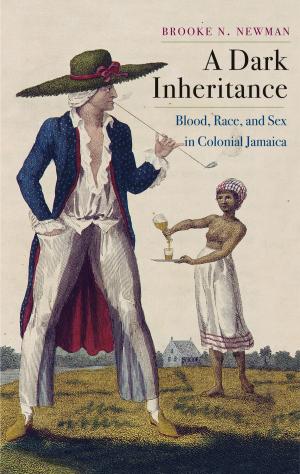The Politics of Cultural Retreat
Imperial Bureaucracy in Austrian Galicia, 1772-1867
Nonfiction, History, Austria & Hungary, Modern, 18th Century| Author: | Iryna Vushko | ISBN: | 9780300213386 |
| Publisher: | Yale University Press | Publication: | May 26, 2015 |
| Imprint: | Yale University Press | Language: | English |
| Author: | Iryna Vushko |
| ISBN: | 9780300213386 |
| Publisher: | Yale University Press |
| Publication: | May 26, 2015 |
| Imprint: | Yale University Press |
| Language: | English |
An illuminating history of state-building, nationalism, and bureaucracy, this book tells the story of how an international cohort of Austrian officials from Bohemia, Hungary, the Hapsburg Netherlands, Italy, and several German states administered Galicia from its annexation from Poland-Lithuania in 1772 until the beginning of Polish autonomy in 1867. Historian Iryna Vushko examines the interactions between these German-speaking bureaucrats and the local Galician population of Poles, Ukrainians, and Jews. She reveals how Enlightenment-inspired theories of modernity and supranational uniformity essentially backfired, ultimately bringing about results that starkly contradicted the original intentions and ideals of the imperial governors.
An illuminating history of state-building, nationalism, and bureaucracy, this book tells the story of how an international cohort of Austrian officials from Bohemia, Hungary, the Hapsburg Netherlands, Italy, and several German states administered Galicia from its annexation from Poland-Lithuania in 1772 until the beginning of Polish autonomy in 1867. Historian Iryna Vushko examines the interactions between these German-speaking bureaucrats and the local Galician population of Poles, Ukrainians, and Jews. She reveals how Enlightenment-inspired theories of modernity and supranational uniformity essentially backfired, ultimately bringing about results that starkly contradicted the original intentions and ideals of the imperial governors.















